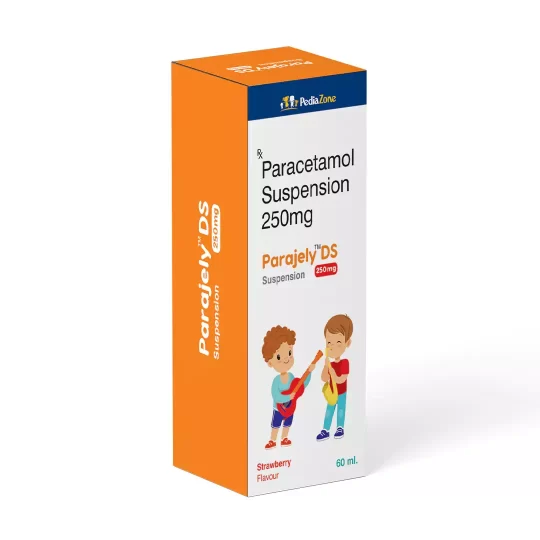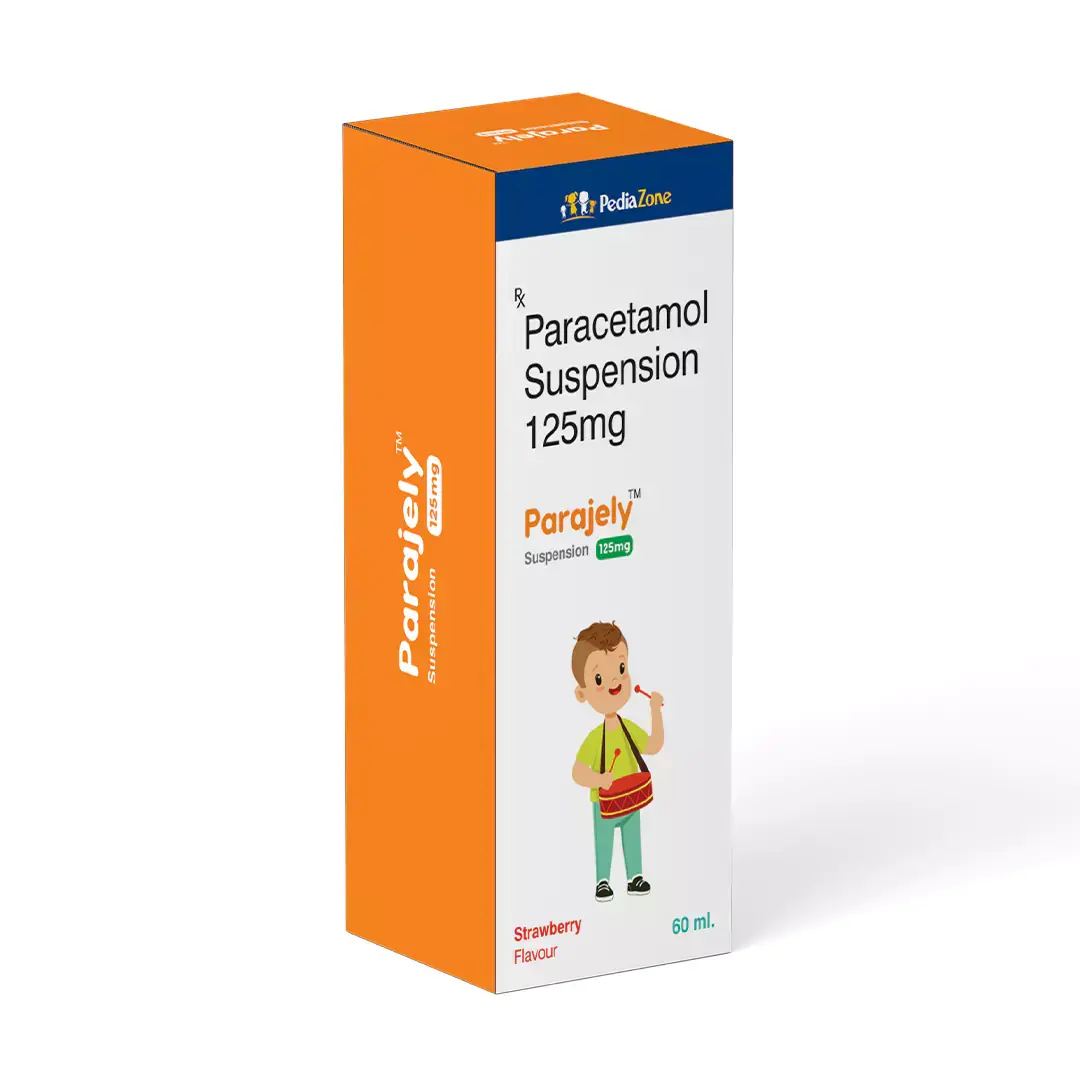THERAPY/CLASS:
THERAPY:
Sodium Picosulfate: Contact Stimulant Laxative
Milk of Magnesia: Osmotic Laxative
Liquid Paraffin: Lubricant Laxative
CLASS:
Sodium Picosulfate: Prodrug of Dihydroxydiphenyl-(2-pyridyl)methane (DPM, BHPM)
Milk of Magnesia: Inorganic Compound also known as Magnesium hydroxide
Liquid Paraffin: Liquid Paraffin oil or Russian Mineral Oil
Mechanism of Action:
Sodium Pico sulphate: It is a prodrug. It has no significant direct physiological effect on the intestine; however, it is metabolised by gut bacteria into the active compound 4,4′-dihydroxydiphenyl-(2-pyridyl)methane (DPM, BHPM).This compound is a stimulant laxative and increases peristalsis in the gut.
Milk of magnesia: It is a laxative (osmotic-type) that is thought to work by drawing water into the intestines, an effect that helps to cause movement of the intestines.This medication is also used to treat symptoms caused by too much stomach acid such as heartburn, upset stomach, or indigestion.
Liquid paraffin: It works by softening and lubricating the stools. This helps the stools to move more easily through the bowel.
Indications:
- Constipation
- Aid in cleansing of the colon
DOSAGE AND ADMINISTRATION:
Calculated for Sodium Pico sulphate.
Age More than 10 Yrs : 5 to 10mg per Day
Age 4 to 10 Yrs: 2.5mg to 5mg per Day
Less than 4 yrs: 0.25mg/kg/day
HOW SUPPLIED:
CREMAVAC SUSPENSION is available as suspension in pack of 170ml.
References:
- Sharif F, Crushell E, O’Driscoll K, et al., Liquid paraffin: a reappraisal of its role in the treatment of constipation Archives of Disease in Childhood 2001;85:121-124.
- Koppen IJ, Lammers LA, Benninga MA, Tabbers MM. Management of functional constipation in children: therapy in practice. Pediatric Drugs. 2015 Oct; 17:349-60.






